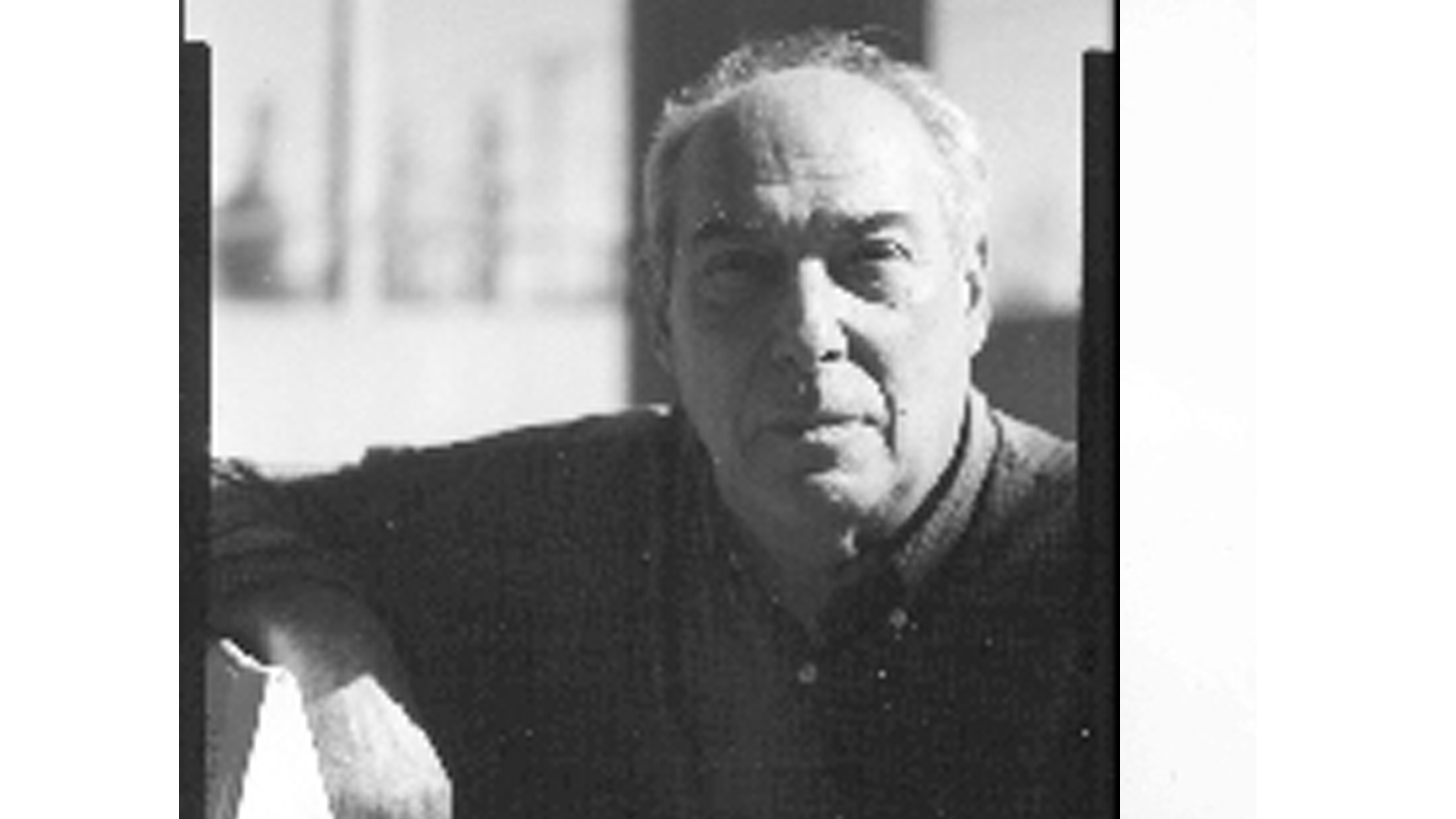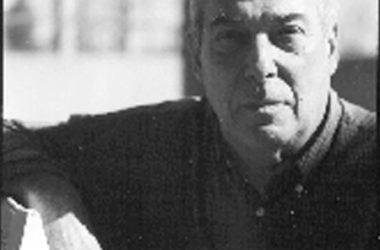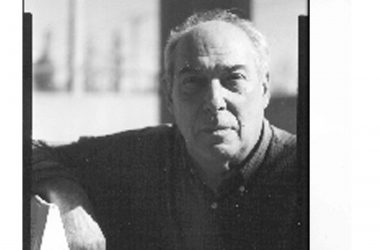The Communist Hypothesis, by Alain Badiou, is worth reading in spite of its needless difficulty, attributable to Badiou’s being both French and a philosopher. I like his treatment of the Paris Commune. He has a section on the Cultural Revolution in China, identifying the Shanghai Commune as its high point. I agree with him: I remember reading about it at the time and being excited by it, and being disappointed when the Chinese leaders dropped it and began talking instead about the Revolutionary Committees, which were based on what they called the three-in-one principle (one part from the “old cadres,” one part from the army, and one part from the “new forces” that had come forward during the CR). While the RCs may have been a sincere attempt to maintain the revolutionary spirit, by imposing limits on the movement they served to co-opt the revolutionaries. I knew some Italian comrades from Potere Operaio who were in China and talked with Mao and asked him why they dropped the Commune. His answer, according to them, was that China had twenty million proletarians and six hundred eighty million peasants, that there was no way the Commune could maintain power, and that the RCs were the best that could be done for the time being. Maybe he was right, but could a noble failure (like the Paris Commune) have produced worse results than the road actually taken? I think Badiou gets that part mostly right. (C.L.R. James said at the time that in the CR Mao was attempting to address the same problems that had concerned Lenin in his last years, when he realized that the Russian Revolution had hit a brick wall: no soviets worthy of the name, the state consisting of the entire apparatus inherited from czarism with a thin layer of Bolsheviks at the top, etc.)
The part of the story Badiou gets wrong is the deification of Mao, which he is obviously uncomfortable with but attempts to explain away as politically motivated. (I do not have the book with me, but I think I am being fair to him.) Like Badiou, I can understand and credit Mao’s motives. I am sure Mao knew himself well enough to know that he did not merit the extravagant praise lavished on him, but found it politically useful. (I read an interview with Mao in which he commented that had Khrushchev built a cult around himself he might not have fallen.) Whatever its value at the moment, in the long run such an instrument cannot work. (This is a case where Audre Lorde’s maxim, that it is not possible to use the master’s tools to tear down the master’s house, applies.) There is a continuity between what went on in China and Kim Jong-il’s royalist “communism.”
People want to revere leaders. But like everything else, it is a question of dialectics. In 1960 I stood among two million people in Cuba chanting Fi-del, Fi-del. Fi-del, and chanted along with them, and felt it as a collective expression of defiance of imperialism and commitment to the revolution. I have also seen films of similar crowds in Rome chanting Du-ce, Du-ce, Du-ce.
The only form of government that has ever worked, at least since the days of the Iroquois, is the benevolent dictatorship, in which the leader almost magically gives voice to the deepest sentiment of the people. The problem is that no leader has ever left behind a worthy successor. At the height of the Cultural Revolution China (or whoever decided those things) adopted a new Constitution that explicitly named Lin Piao as Mao’s “close comrade-in-arms and successor.” I wondered what provision they made for amending that clause should it become necessary. We found out shortly afterwards when it was reported that Lin’s plane was shot down over Manchuria while he was attempting to flee to the Soviet Union. Or maybe it wasn’t. It is probably better to wait until the leader is dead before elevating him (rarely her) to the pantheon (and even then it can be dangerous: think what Stalin did with Lenin or what the churches have done with the revolutionary Jesus).
At the deepest level the subordination of one person to another depends on the habit of worshipping authority (as Hegel and Marx knew, a reflection of, and effort to overcome, alienation). Around 1978 one of the people in an organization my group, STO, had close relations with returned from a visit to San Francisco, where he knew we had members, and reported that it was easy to identify them in the crowd—they were the ones who didn’t know how to applaud in unison. I have always regarded that as a compliment.



